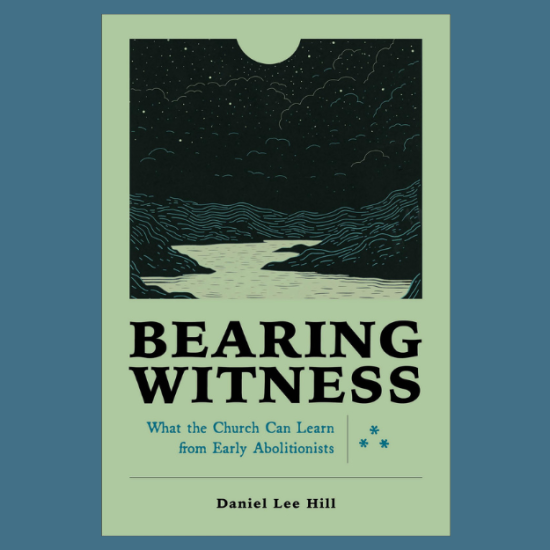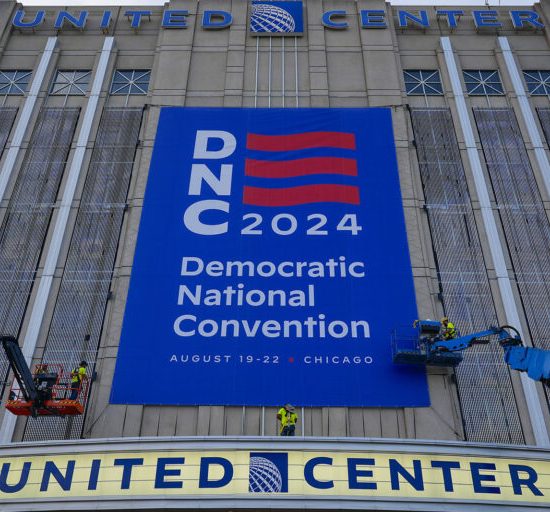WASHINGTON — The Baptist Joint Committee for Religious Liberty is among several religious and civil-liberties groups objecting to proposed rules giving federal prisons more leeway to ban religious books that officials believe could incite violence or criminal behavior.
Two years ago, Congress passed a law that allows the Bureau of Prisons to restrict prison-library materials that "seek to incite, promote or otherwise suggest the commission of violence or criminal activity."
That was in response to an outcry over revelations that prison chaplains were purging from chapel libraries any materials not on a list of approved titles. Titles pulled from shelves included Code of Jewish Law by the medieval Jewish philosopher Maimonides and Rick Warren's The Purpose Driven Life.
Proposed changes to the prison bureau's regulations on religious beliefs and practices, however, would allow exclusion from chapel libraries materials that simply "could" incite, promote or suggest violence or crime.
Groups led by the American Civil Liberties Union said in public comments that broadening the standard from banning materials expressly intended to incite violence to banning anything that officials think might be disruptive "needlessly deprives prisoners of access to vital religious works."
They said such language could theoretically ban works including the Bible, because of Old Testament verses that call for sinners to be stoned, and Martin Luther King's Letter from Birmingham Jail, because it advocates disobeying unjust laws as a matter of civil disobedience.
The groups said the new regulations would violate the Second Chance Act, in which Congress clearly intended to limit prison-library censorship to a strict standard. The amended regulations also do not require prisons to notify prisoners when censorship occurs, which the complaint says violates due-process rights of both prisoners and publishers.
The regulations also are unclear about who is authorized to censor materials, raising the specter of those decisions being made by low-level administrators. The groups said new language should specify that any decisions about banning a book be made by senior officials in the Bureau of Prisons central office.
David Shapiro, staff attorney with the ACLU National Prison Project, said prison officials "need to follow the law, not engage in the business of banning religious material."
"Distributing and reading religious material is as protected under the First Amendment of the U.S. Constitution as worshiping in churches or preaching from the pulpits," Shapiro said in a press release. "It is not the role of the government to dictate what is religiously acceptable."
Bob Allen is senior writer for Associated Baptist Press.






